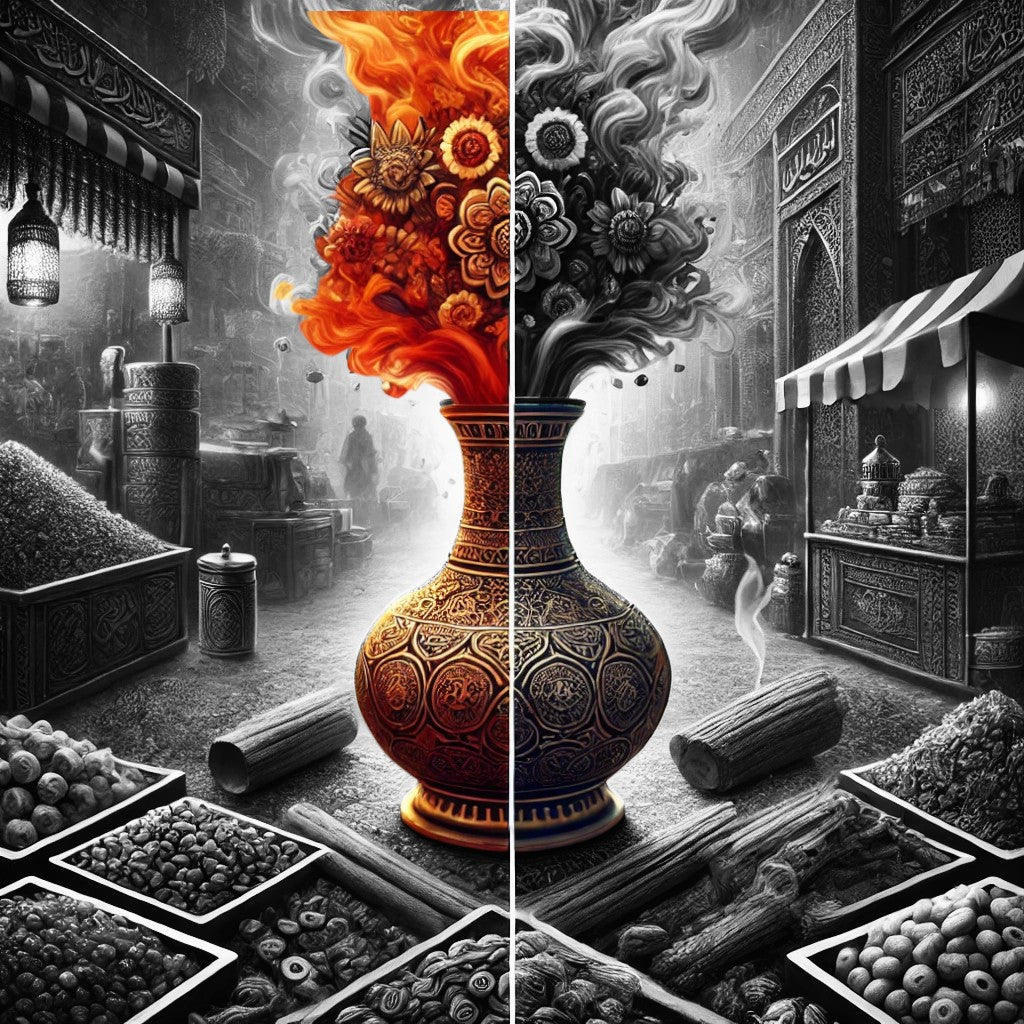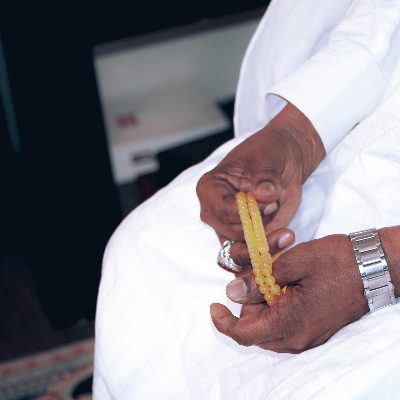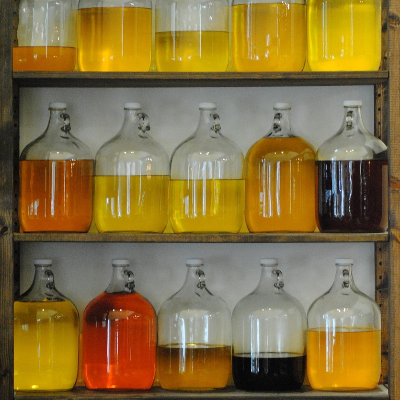Menu
-
-
F.A.Q
- How to identify genuine agarwood chip, natural or cultivated
- How to identify oil injection / absorption fake agarwood beads
- How to know if there are more than one oil in your oil
- How to make your wood bracelet or mala darker
- How to tell if an Agarwood bead sinks WITHOUT sinking it under water?
- How does back flow incense work and how do you burn it?
- Where to start if you don't know what agarwood is ?
- Why are you losing money if you buy seeds and plants?
- Which agarwood incense should I choose?
- Frequently Asked Questions
- Agarwood Related Articles
- Shipping
-
SHOP - Agarwood
-
SHOP - Other Fragrant Wood
-
SHOP - Incense Holder and Burner
-
- FREE Oud Oil guide
- Testimonials
- "Why did you buy this?"
- Contact us
- About Us
- +61430284329
- Login
-
English


The Tale of Bakhoor and Agarwood Chips
July 02, 2020 4 min read
In a local Fayha market -Kuwait, the air was thick with the scent of exotic spices and the sweet, smoky aroma of incense. Among the vibrant stalls and eager vendors, two distinct scents weaved through the tapestry of the marketplace: Bakhoor and genuine Agarwood chips. Though they mingled in the air, their stories were as different as night and day.
The Journey of Bakhoor
Bakhoor’s tale began in the fragrant gardens of a small village, where Bakhoor makers meticulously prepared this beloved incense. It started with simple wood chips, often from a variety of trees, in some cases, it may contain some post-distilled Agarwood chip. These humble chips were then bathed in a luxurious blend of fragrant oils, perfumes, resins, and sometimes even synthetic scents. Each batch of Bakhoor was a unique creation, a secret recipe passed down through generations, varying from one family to the next.
As the sun dipped below the horizon, the artisans would light their charcoal burners, carefully placing pieces of Bakhoor atop the glowing embers. A rich, thick perfumed smoke would rise, curling through the air, carrying with it the essence of the oils and perfumes. This smoke was a familiar comfort in many homes, used to scent clothes, living spaces, and to mark special occasions. Yet, for some, the added ingredients in Bakhoor could be a bit overwhelming, sometimes irritating the senses.
The Legend of Agarwood Chips
In a remote forest, far from the bustling markets, stood the majestic Aquilaria trees. These trees, when wounded or infected by a specific type of mold, produced a dark, fragrant resin as a defense mechanism. This resin was their treasure, transforming ordinary wood into the extraordinary Agarwood, known to many as genuine Oud.
Harvesting Agarwood was a delicate process, requiring patience and reverence. The wood was carefully extracted and cut into chips, each piece infused with the precious resin. Unlike Bakhoor, Agarwood needed no embellishments. Its scent was a gift from nature itself, pure and unadulterated.
When the evening came and the air cooled, families would gather to burn these sacred chips. The aroma that filled the air was nothing short of magical—deep, complex, and soothing. The smoke was gentle, less likely to cause discomfort, inviting those who inhaled it into a state of calm and tranquility. For many, this was not just a scent but a spiritual experience, a connection to the divine.
A Meeting of Worlds
One day, in the marketplace, a curious traveller arrived, drawn by the intertwining scents of Bakhoor and Agarwood. As she wandered through the stalls, she observed the differences in the way each incense was revered and used. She watched as a vendor expertly lit a piece of Bakhoor, the smoke spiraling upwards, carrying the mingled fragrances of oils and perfumes. She noted the appreciative nods of those around, though a few coughed softly, their throats irritated by the dense smoke.
Further along, she found another vendor with a small, precious stash of Agarwood chips. He spoke of the Aquilaria trees and the mystical resin they produced. As he lit a chip, the traveller inhaled the gentle, calming smoke. The fragrance was unlike anything she had ever experienced—rich and soothing, it seemed to tell a story of ancient forests and sacred rituals.
The Wisdom of Experience
Through her journey, the traveller learned that both Bakhoor and Agarwood held a special place in the hearts of many. Bakhoor, with its vibrant and varied scents, brought warmth and tradition to countless homes. Agarwood, on the other hand, offered a pure, spiritual aroma that was deeply cherished by those who sought a more natural and calming experience.
In the end, she understood that the choice between Bakhoor and Agarwood was a personal one, guided by preference and occasion. The market, with its rich tapestry of scents, was a testament to the diversity and beauty of these ancient traditions. And as she departed, she carried with her a newfound appreciation for the stories woven through the smoke of Bakhoor and the gentle whispers of Agarwood
Summary of the Main Differences Between Bakhoor and Agarwood Chips
Composition:
- Bakhoor: Made from various wood chips soaked in a blend of fragrant oils, perfumes, resins, and sometimes synthetic fragrances.
- Agarwood (Genuine Oud): Natural resinous wood from the Aquilaria tree, containing no added perfumes or oils; its scent comes naturally from the resin produced by the tree.
Burning and Experience:
- Bakhoor: When burned, the added oils and perfumes vaporise, releasing a strong fragrance that can sometimes produce irritating smoke.
- Agarwood (Genuine Oud): Burns to release a pure, natural aroma from the resin within the wood, resulting in a calming and soothing fragrance that is less likely to cause irritation.
Cultural and Traditional Use:
- Bakhoor: Widely used in Middle Eastern and South Asian cultures for scenting homes, clothing, and during special occasions and rituals, with each region having unique recipes and methods.
- Agarwood (Genuine Oud): Prized in many cultures, especially in the Middle East and Southeast Asia, for its spiritual and therapeutic properties, often used in religious ceremonies, meditation practices, and as a personal fragrance. It is considered a luxury item due to its rarity and cost.
Leave a comment
Comments will be approved before showing up.
Also in News

What is Tasbih? The Deep Meaning of Subhan Allah and the Role of Prayer Beads
November 09, 2025 4 min read

